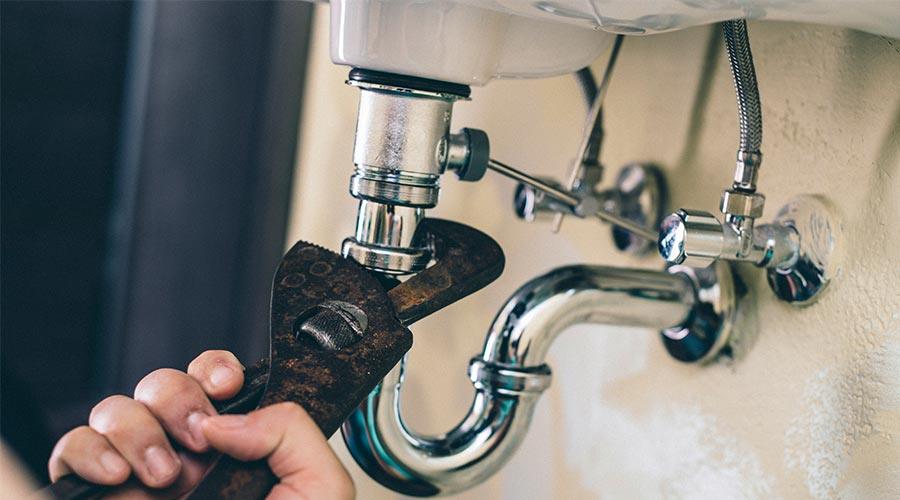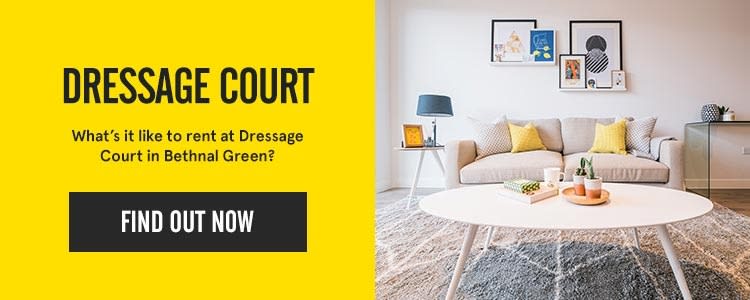Whether you’re a first-time renter or have been renting for years, it’s essential that you read through the rental agreement thoroughly. Not all rental agreements are the same, although there are a few things that will crop up on all contracts.
We know that rental contracts can be tough to navigate, especially when they’re filled with legalese, special clauses and you just want to get it signed so that you can move in ASAP. However, it’s important that you don’t rush it and that you know what you’re getting yourself into, so we’ve pulled together a checklist of key things to look out for when you receive your tenancy agreement.
The Big Stuff
Every rental contract needs to include the following:
- The date the agreement is signed
- The start and end dates of the tenancy
- The landlord’s name – this may be the name of a company
- The tenant’s name
- The property address
- The rental price, when it’s due, and how it will be paid
- Whether the rental price can be reviewed and how
- The deposit amount and how it will be protected
- Circumstances which will result in the deposit being partly or fully withheld
- Tenant obligations
- Landlord obligations
- Who is responsible for paying bills
This information is taken from gov.uk.
Below, we’ve outlined what some of these things mean, and a couple of extra bits you should look out for before signing on the dotted line.
The Deposit
For almost all rental properties, you will be required to pay a deposit before you move in. This is usually equivalent to 6 weeks rent (although it's just 4 weeks with us!) and can be used by your landlord to repair damages that were your fault, to clean the property if it is left in an unacceptable state, or for other reasons that should be outlined in your contract.
Remember: Check that your landlord has outlined the reasons that allow them to withhold some or all of your deposit.
Since 2007, landlords have been obligated to secure tenant deposits in government-backed deposit schemes. These agencies protect your deposit and make sure that you get it back if you meet the terms of the tenancy agreement, don’t damage the property, and pay your rent and bills.
Remember: Check that your deposit is held in a government-approved deposit protection scheme.
The Bills
While some rental prices include bills or other perks, with most tenancy agreements, you’ll have to agree to pay for (and sometimes set up) your own bills. This may include:
- Gas and electricity
- Water
- Phone line and broadband
- TV license
- Satellite
- Council tax
- Contents insurance
- Any other subscriptions (eg. Netflix, Amazon Prime, Spotify)
Some of these are essential – such as energy and water – so you’ll definitely want to check who is responsible for paying the bills. Others may be included as a perk or extra within your rental price, or you may need to take care of yourself.
Remember: Check which bills are included in the rent, which are not, and which you are responsible for paying, setting up, and – when the time comes – cancelling.
At Essential Living, we want your monthly bills to be as simple as possible. That’s why we personally negotiate your energy and water rates, and bundle them together, into one simple monthly payment that covers rent, superfast WiFi, and your bills too.
Repairs, Decorating and Maintenance
Unfortunately, from time to time, things get broken, stop working, or need a bit of a touch up. For your peace of mind, you should find out who’s responsible for general upkeep and maintenance.
It should be down to your landlord to quickly resolve any maintenance issues – especially ones that affect your day-to-day life or are to do with the structure or running of the building. If you have organised the supplier and bills – for your internet, for example – it’s probably down to you to call out an engineer to solve the problem.
Broken boilers, damaged locks and patchy internet can be a pain, so it’s best to find out who to call if things break down.
This should fall under the tenant and landlord responsibilities, which you can read more about below.
Remember: Check who is responsible for repairs and maintenance of various problems. Key things to watch out for include…
- If the boiler breaks down
- If structural damage occurs, deeming the property unsafe
You’ve paid your rent, so it’s only fair that your landlord helps to resolve any issues you might have, right? We think so. Which is why we promise to respond quickly to any maintenance issues you have. Our 24/7 residents' team are always contactable, so you won’t be left in the dark (or cold) for too long.
Landlord and Tenant Obligations
For the most up-to-date information about your rights and responsibilities, check the gov.uk website.In summary, you are responsible for…
- Taking good care of the property
- Paying the agreed rent, even if repairs are needed or you’re in dispute with your landlord
- Paying other charges as agreed with the landlord, for example Council Tax or utility bills
- Repairing or paying for any damage caused by you, your family or friends
- Only subletting the property if the tenancy agreement or your landlord allows it
It’s is your landlord’s responsibility to make sure that…
- The property is safe and in a good state of repair
- Your deposit is protected and then returned to you when the tenancy ends
- You are able to live in the property undisturbed
- You can see and access an Energy Performance Certificate for the property
- You cannot be unfairly evicted
- You have a written agreement if you have a fixed-term tenancy of more than 3 years
These are subject to government guidelines, but you should always read through your contract to make sure everything is covered.
Remember: Check your rights and responsibilities and those of the landlord.
Other Agreements
There may be other rules that your landlord includes in the contract, which you acknowledge when you sign on the dotted line.
Below is a list of activities that are usually forbidden in rented accommodation. If you want to hang on to your deposit, you should follow these rules and any others laid out in the contract.
- Smoking or allowing others to smoke on the property
- Keeping pets on the property (although our apartments are pet-friendly)
- Sub-letting the property – in part or in whole
- Decorating or making permanent changes to the property
Your contract will probably also state that you may be evicted for carrying out illegal activity on the property, and that you are not permitted to use the property as a base for commercial or manufacturing activity.
Remember: Check which activities are a breach of your contract if carried out on the property, and gain written permission from your landlord if you want any alterations to the rules.
We want you to feel comfortable in your new home, so we’re open to requests for decorating and keeping pets. In fact, we have whole floors of our buildings reserved for pet owners. The apartments on these floors are every bit as good as the rest – but in these ones, we welcome your four-legged friends to make themselves comfortable.
Break Clauses and Notice Periods
When you sign your tenancy agreement, you become responsible for paying the rent for the full term of the tenancy. You may leave the tenancy early without paying rent for the full term if…
- There is a break clause in the contract
- Your landlord agrees to end the tenancy early (always gain written permission)
Remember: Check for break clauses in the contract if you are likely to want to move out early, and always get written permission if you and your landlord agree to end the tenancy before the date stated on the contract.
According to government guidelines, all contracts – including tenancy agreements – should be written in plain English, so hopefully, you’ll be able to tell the dotted ‘i’s from the crossed ‘t’s. However, despite those guidelines, some contracts are ridiculously difficult to wrap your head around.
At Essential Living, we’ve taken out the jargon and written our tenancy agreements as simply as possible. We get straight to the point, so you know exactly what you’re agreeing to – without having to consult the dictionary. And if you’re still unsure of some of our Ts&Cs, we’ve got real people at the end of the phone who can talk you through anything that doesn’t sound quite right.
Learn more about living with us here, or contact a member of our team to discuss your future home.







